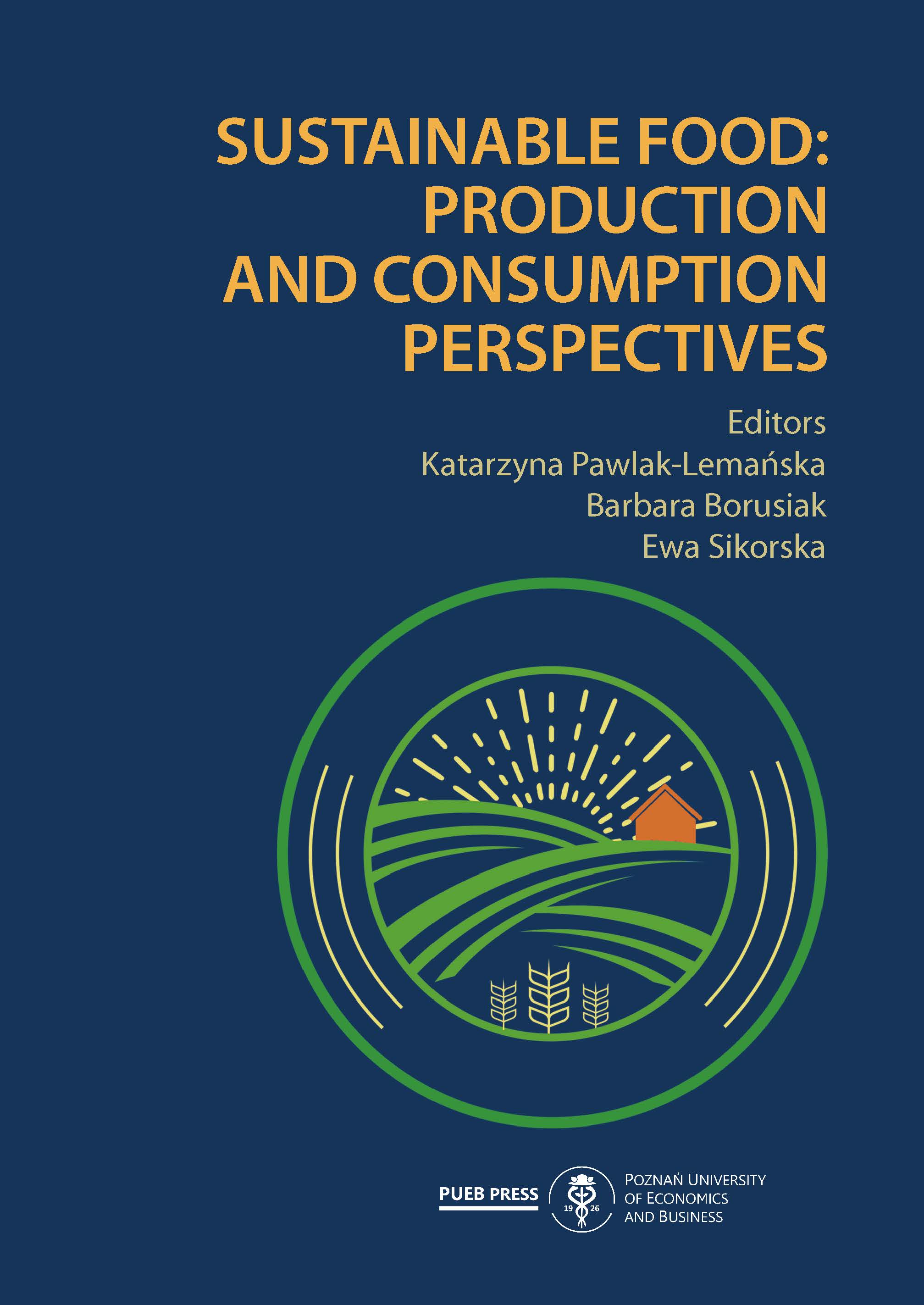Household food waste—the origin, level, structure and methods of prevention
Household food waste—the origin, level, structure and methods of prevention
Author(s): Bartłomiej Pierański, Luboš Smutka
Subject(s): Economy, Customs / Folklore, Business Economy / Management, Micro-Economics, Energy and Environmental Studies, Economic policy, Environmental and Energy policy, EU-Approach / EU-Accession / EU-Development, Marketing / Advertising, Business Ethics, Socio-Economic Research
Published by: Wydawnictwo Uniwersytetu Ekonomicznego w Poznaniu
Keywords: food waste;household;food waste data;
Summary/Abstract: Food waste is one of the major problems that humanity needs to solve. The gargantuan amount of food wasted each year, estimated at around 1 billion tonnes, creates a range of environmental, economic and ethical problems. Unfortunately, food is wasted to the greatest extent by households. To a lesser extent, food is wasted by producers or intermediaries. Therefore, the aim of this article is first and foremost to identify the causes of food waste by households. To do this,a conceptual framework has been adopted. It assumes that household food waste originates in three predictable stages—when shopping, storing and serving. In other words, households waste food because they do not prepare the food they purchase, they do not serve the food they prepare, and they do not consume the food they serve. The considerations in the paper are based on the available literature and secondary data.
Book: Sustainable food. Production and consumption perspectives
- Page Range: 167-183
- Page Count: 17
- Publication Year: 2024
- Language: English
- Content File-PDF

